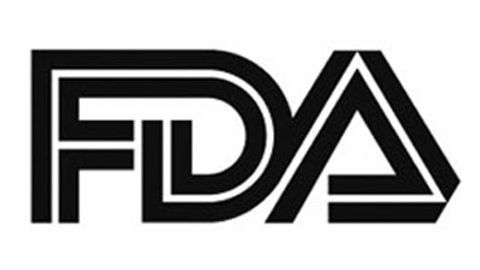FDA Approves Reduced Frequency Durvalumab Dosing Option in NSCLC
The FDA has approved an additional dosing option for the approved indications of durvalumab at a 1500-mg fixed dose administered every 4 weeks.

The FDA has approved an additional dosing option for the approved indications of durvalumab (Imfinzi) at a 1500-mg fixed dose administered every 4 weeks.1
The new schedule will be available for patients with unresectable stage III non–small cell lung cancer (NSCLC) following chemoradiation therapy and for patients with previously treated advanced bladder cancer treated with the anti–PD-L1 therapy. This schedule is consistent with the approved dose for the agent in extensive-stage small cell lung cancer (ES-SCLC).
The previous dosing of durvalumab was weight based at 10 mg/kg every 2 weeks, however this new dosing option is more convenient for patients and will help to reduce the amount of required medical visits, which is especially important during the coronavirus disease 2019 (COVID-19) pandemic.
“This new 4-week dosing option gives doctors the choice to cut the number of visits for critical cancer treatment in half and offers a regimen that is more convenient for patients. Additionally, it limits potential exposure to infection in the healthcare environment for a population that is especially vulnerable to complications from COVID-19,” Victoria M. Villaflor, MD, clinical professor in the Department of Medical Oncology and Therapeutics Research at City of Hope Cancer Center, Los Angeles, California, said in a statement.
Durvalumab is approved in the United States in combination with etoposide and carboplatin or cisplatin as first-line treatment of patients with ES-SCLC based on the results of the phase 3 CASPIAN trial (NCT03043872).2 The FDA recommended that durvalumab be administered prior to chemotherapy at 1500 mg every 3 weeks and then after the 4 cycles of chemotherapy, given every 4 weeks at 1500 mg as single-agent maintenance.
In the CASPIAN trial, durvalumab was administered at 1500 mg plus 4 cycles of platinum-etoposide chemotherapy at 80 to 100 mg/m2 of etoposide given on days 1 to 3 and investigator’s choice of carboplatin at area under the curve 5 to 6 mg/mL per min or 75 to 80 mg/m2 of cisplatin administered on day 1 of each cycle.3 Then maintenance durvalumab was given at 1500 mg every 4 weeks.
The trial met its primary end point of improved overall survival (OS) with the addition of durvalumab compared with platinum-etoposide alone for 6 cycles with a median OS of 13.0 versus 10.3 months (HR, 0.73; 95% CI, 0.59-0.91; P = .0047). At 18 months, 34% of patients in the durvalumab arm were still alive compared with 25% in the chemotherapy-alone arm.
“The approval of this new dosing option across indications reflects our ongoing commitment to improve the patient experience and ensure continuity of care – a priority at all times, but especially during the pandemic. Cancer won’t wait, and it is our job to provide patients with treatment options that acknowledge the challenges the pandemic poses to cancer care, enabling them to visit their physician when truly needed and avoid preventable exposure to healthcare-associated infections,” said Dave Fredrickson, executive vice president, Oncology Business Unit, AstraZeneca, in a statement.
The new dosing frequency is also under consideration with regulatory agencies in other international regions, including in the European Union, which also gave the dose option an accelerated assessment.
References:
1. IMFINZI® (durvalumab) Approved In The US For Less-Frequent, Fixed-Dose Use. News release. AstraZeneca. November 20, 2020. Accessed November 20, 2020. https://bwnews.pr/398dmFs
2. FDA approves durvalumab for extensive-stage small cell lung cancer. News release. FDA. March 30, 2020. Accessed November 20, 2020. https://bit.ly/3pOggFB
3. Paz-Ares L, Dvorkin M, Chen Y, et al; CASPIAN Investigators. Durvalumab plus platinum–etoposide versus platinum–etoposide in first-line treatment of extensive-stage small-cell lung cancer (CASPIAN): a randomised, controlled, open-label, phase 3 trial. Lancet. 2019;394(10212):1929-1939. doi:10.1016/S0140-6736(19)32222-6